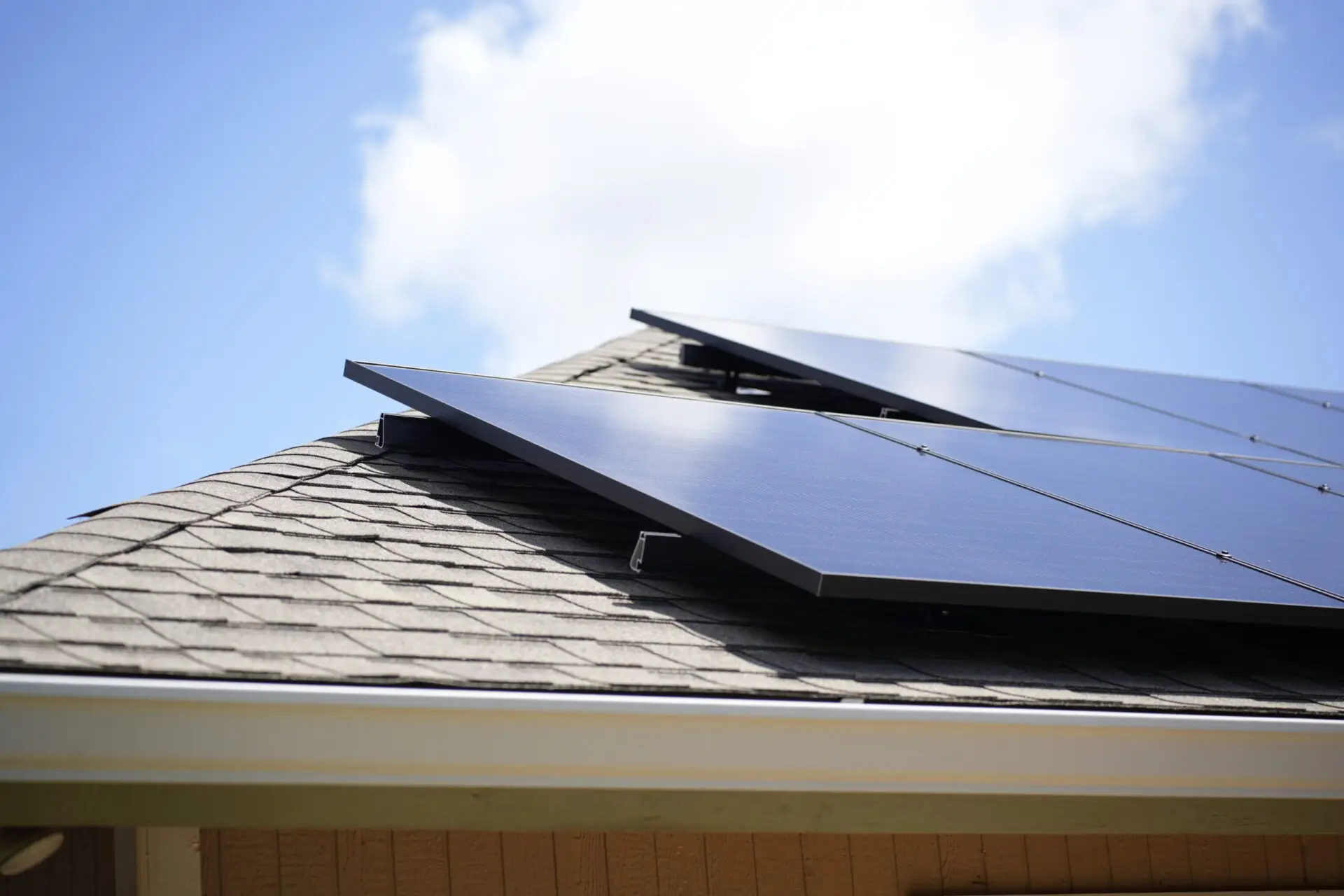The idea of living off the grid has become increasingly appealing in recent years, driven by a desire for energy independence, sustainability, and the need to power remote locations. Off-grid solar systems offer a viable solution, providing electricity without relying on the traditional power grid. Let’s delve into the benefits and challenges of off-grid solar systems and see how they can revolutionize energy consumption for homes and remote areas.
What is an Off-Grid Solar System?
An off-grid solar system is a standalone power system that generates electricity using solar panels and stores it in batteries for use when the sun isn’t shining. Unlike grid-tied solar systems, off-grid systems are entirely self-sufficient, making them ideal for remote locations or for those seeking complete energy independence.
Benefits of Off-Grid Solar Systems
1. Energy Independence
One of the most significant advantages of off-grid solar systems is the complete energy independence they offer. By generating and storing your own electricity, you are no longer reliant on the utility grid. This independence protects you from power outages, utility rate hikes, and the volatility of the energy market.
2. Ideal for Remote Locations
Off-grid solar is the perfect energy solution for remote locations where connecting to the utility grid is impractical or prohibitively expensive. Whether it’s a cabin in the woods, a remote farm, or an island property, off-grid solar can provide reliable power where it’s needed most.
3. Sustainable and Eco-Friendly
Using solar energy is inherently sustainable and eco-friendly. Off-grid solar systems reduce reliance on fossil fuels, lower carbon emissions, and minimize the environmental footprint of energy consumption. By choosing off-grid solar, you’re contributing to a greener planet.
4. Cost Savings in the Long Run
While the initial investment in an off-grid solar system can be high, the long-term savings are substantial. By generating your own power, you eliminate monthly utility bills. Additionally, with advancements in solar technology and decreasing costs of solar panels and batteries, the return on investment is becoming more attractive.
5. Tailored Energy Solutions
Off-grid solar systems can be customized to meet specific energy needs. Whether you require a small system for a tiny home or a large setup for a farm, these systems are scalable and adaptable. This flexibility ensures that you have the right amount of power for your unique situation.
Challenges of Off-Grid Solar Systems
1. High Initial Costs
The upfront cost of installing an off-grid solar system can be significant. This includes the price of solar panels, batteries, inverters, and other necessary equipment. While incentives and rebates can help offset some of these costs, the initial investment remains a barrier for many.
2. Energy Storage and Battery Maintenance
Energy storage is a crucial component of off-grid systems; however, it also presents some challenges. Batteries, which store excess energy for use during cloudy days or at night, can be expensive and require regular maintenance. Over time, batteries degrade and may need replacement, adding to the overall cost.
3. Energy Management
Living off the grid requires diligent energy management. Unlike grid-tied systems where you can draw additional power from the grid as needed, off-grid systems depend entirely on the energy you generate and store. This means monitoring energy usage, conserving power, and ensuring that your system is adequately sized to meet your needs.
4. Weather Dependence
Off-grid solar systems are heavily reliant on weather conditions. Extended periods of cloudy or rainy weather can decrease energy generation, potentially causing power shortages. While battery storage can mitigate this risk, it’s essential to have backup power sources, such as generators, to ensure continuous energy supply.
5. Technical Expertise Required
Installing and maintaining an off-grid solar system requires technical knowledge and expertise. From sizing the system correctly to ensuring proper installation and regular maintenance, the technical aspects can be daunting for those unfamiliar with solar technology. Hiring professionals can alleviate some of these challenges, but it adds to the overall cost.
How to Overcome the Challenges
Despite these challenges, many of them can be mitigated with careful planning and consideration. Here are some tips to help you overcome the obstacles of off-grid solar living:
1. Financial Planning and Incentives
Take advantage of available financial incentives, such as tax credits, rebates, and grants, to reduce the initial costs of your off-grid solar system. Additionally, consider financing options that can spread the cost over time, making the investment more manageable.
2. Regular Maintenance
Invest in high-quality batteries and stay on top of regular maintenance to extend their lifespan. Properly maintained batteries can provide reliable energy storage for many years, reducing the need for frequent replacements.
3. Energy Efficiency
Maximize your system’s efficiency by using energy-efficient appliances and lighting. Implementing energy-saving practices can reduce your overall energy demand, ensuring that your off-grid system meets your needs without strain.
4. Backup Power Sources
Consider incorporating backup power sources, such as generators or wind turbines, to supplement your solar energy during periods of low sunlight. These backups can provide peace of mind and ensure a continuous power supply.
5. Professional Installation and Support
Work with experienced solar professionals like those at ATTYX to design, install, and maintain your off-grid solar system. Their expertise can help you navigate the complexities of off-grid living and ensure that your system is optimized for performance and longevity.
Off-grid solar systems offer an exciting opportunity for energy independence, especially for homes and remote locations. The benefits of sustainability, cost savings, and self-sufficiency are compelling reasons to consider making the switch. However, it’s essential to be aware of the challenges and plan accordingly to overcome them.
By leveraging financial incentives, maintaining your system diligently, and working with knowledgeable professionals, you can enjoy the advantages of off-grid solar living. By embracing the journey toward solar independence, you contribute to a more sustainable and resilient future.





